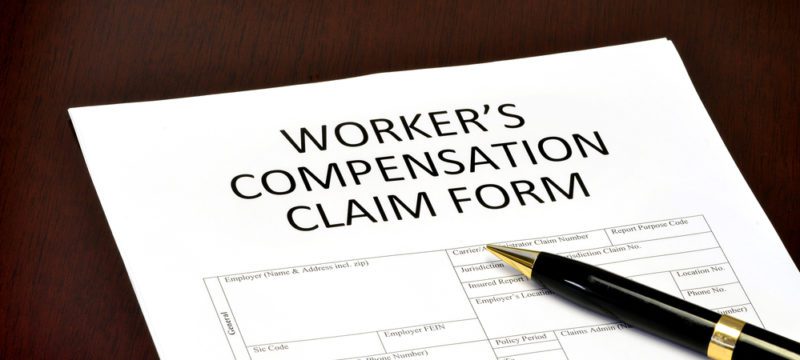
All employees are at some risk of suffering a job-related injury or illness. Whether you’ve suffered a traumatic injury or been diagnosed with a job-related illness, you cannot exercise your rights without understanding them. Insurance companies and self-insured employers understand the law and you should too. Keating Wagner is here to help. We’re happy to provide useful information and answers to people with questions. When necessary, we also help injured employees fight to protect themselves.
Though the injuries sustained by employees vary, the claimant process doesn’t and all injured workers can protect themselves by taking prompt action to report and pursue their claims.
How to File for a Colorado Workers’ Comp Claim
The steps you take after sustaining a work-related injury or illness will impact your workers’ comp claim. If you fail to act promptly, your claim may be temporarily contested or denied completely. Delay invites unnecessary complications. Here is what you need to know:
Injuries Must Be Reported Immediately
By law, the injured employee must report the injury in writing to their employer within four working days. While failing to report your injury in a timely manner will not extinguish your rights, it could result in the imposition of financial penalties.
Moreover, because employers have the right to select your medical providers, seeking medical attention before you report the injury could mean that you’ll wind up paying for it, yourself. (NOTE: The law in emergency situations is different: prior authorization is not required for you to obtain emergent care.) Even if four days have passed, you should still begin the process by filing a written report to your employer.
Prompt Reporting to Employer Doesn’t Always Mean Automatic State Reporting
Even if you have reported your injury in writing to the employer, that doesn’t mean that your employer or their insurance company will automatically report claim to Colorado’s Division of Workers’ Compensation. Colorado does have a statute of limitations which applies to workers’ compensation claims.
For all known injuries of any significance, the injured employee should file a Workers’ Claim for Compensation claim form with the Colorado Division of Workers’ Compensation (DOWC) no later than two years after the date they sustained the injury. Forms are available on the Division’s website. We can also help you with this paperwork in your CO workers’ comp case.
After reporting your injury, you must:
- Begin treatment with an employer-approved doctor;
- Promptly report all injury-related symptoms to the doctor;
- Go to your doctor and therapy appointments as medically directed;
- Adhere to your doctor’s activity restrictions—for example, not lifting over 10 pounds or being on your feet for more than a specified amount of time
What if an Injury Wasn’t from a Specific Accident but Happened Over Time?
Occupational injuries, also known as occupational diseases, aren’t caused by a specific traumatic accident or event. Rather, they occur over time due to a worker’s employment requirements or conditions.
Under Colorado workers’ comp laws, someone who suffers an occupational injury or disease deserves all of the same benefits as an employee injured in an accident—and the same reporting requirements apply. Generally, instead of the deadline for reporting an injury or filing a Workers’ Claim for Compensation form running from the date the accident occurred, the clock starts running from the day the injured employee discovered their occupational disease or should have reasonably known about it.
Questions about Workers’ Comp and Your Rights? Call Us Today
Call us today to schedule a free consultation to address all of your workers’ comp questions and concerns. Our team is well-versed in Colorado workers’ compensation laws and aren’t afraid to stand up for your rights.









